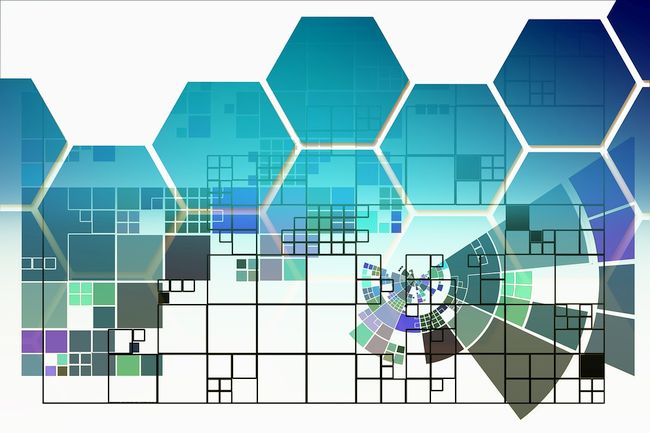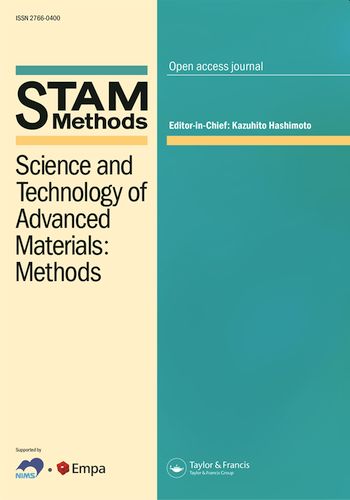|
|
|
|
|
|
| A quick, cost-effective approach improves the accuracy with which machine learning models can predict the properties of new materials. |
TSUKUBA, Japan, Sept 30, 2021 - (ACN Newswire) - A new approach can train a machine learning model to predict the properties of a material using only data obtained through simple measurements, saving time and money compared with those currently used. It was designed by researchers at Japan's National Institute for Materials Science (NIMS), Asahi KASEI Corporation, Mitsubishi Chemical Corporation, Mitsui Chemicals, and Sumitomo Chemical Co and reported in the journal Science and Technology of Advanced Materials: Methods.
 | | The new approach can predict difficult-to-measure experimental data such as tensile modulus using easy-to-measure experimental data like X-ray diffraction. It further helps design new materials or repurpose already known ones. |
 |
"Machine learning is a powerful tool for predicting the composition of elements and process needed to fabricate a material with specific properties," explains Ryo Tamura, a senior researcher at NIMS who specializes in the field of materials informatics.
A tremendous amount of data is usually needed to train machine learning models for this purpose. Two kinds of data are used. Controllable descriptors are data that can be chosen without making a material, such as the chemical elements and processes used to synthesize it. But uncontrollable descriptors, like X-ray diffraction data, can only be obtained by making the material and conducting experiments on it.
"We developed an effective experimental design method to more accurately predict material properties using descriptors that cannot be controlled," says Tamura.
The approach involves the examination of a dataset of controllable descriptors to choose the best material with the target properties to use for improving the model's accuracy. In this case, the scientists interrogated a database of 75 types of polypropylenes to select a candidate with specific mechanical properties.
They then selected the material and extracted some of its uncontrollable descriptors, for example, its X-ray diffraction data and mechanical properties.
This data was added to the present dataset to better train a machine learning model employing special algorithms to predict a material's properties using only uncontrollable descriptors.
"Our experimental design can be used to predict difficult-to-measure experimental data using easy-to-measure data, accelerating our ability to design new materials or to repurpose already known ones, while reducing the costs," says Tamura. The prediction method can also help improve understanding of how a material's structure affects specific properties.
The team is currently working on further optimizing their approach in collaboration with chemical manufacturers in Japan.
Further information
Ryo Tamura
National Institute for Materials Science (NIMS)
Email: tamura.ryo@nims.go.jp
About Science and Technology of Advanced Materials: Methods (STAM Methods)
STAM Methods is an open access sister journal of Science and Technology of Advanced Materials (STAM), and focuses on emergent methods and tools for improving and/or accelerating materials developments, such as methodology, apparatus, instrumentation, modeling, high-through put data collection, materials/process informatics, databases, and programming. https://www.tandfonline.com/STAM-M
Dr. Yoshikazu Shinohara
STAM Methods Publishing Director
Email: SHINOHARA.Yoshikazu@nims.go.jp
Press release distributed by Asia Research News for Science and Technology of Advanced Materials.
Topic: Press release summary
Source: Science and Technology of Advanced Materials
Sectors: Materials & Nanotech
https://www.acnnewswire.com
From the Asia Corporate News Network
Copyright © 2026 ACN Newswire. All rights reserved. A division of Asia Corporate News Network.
|
|
|